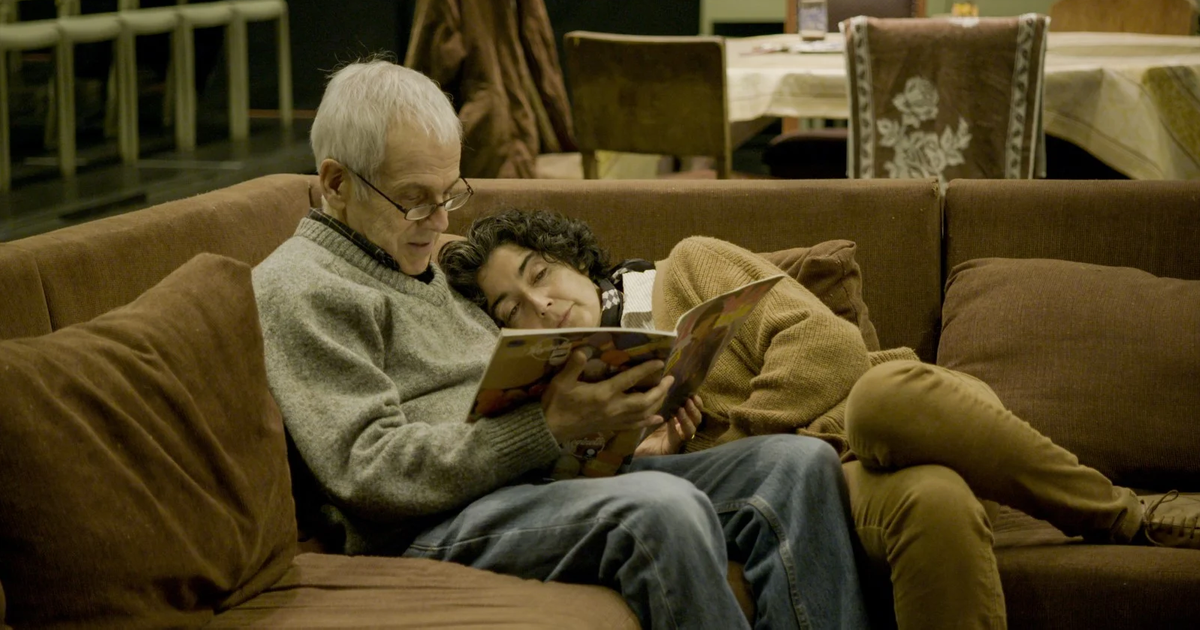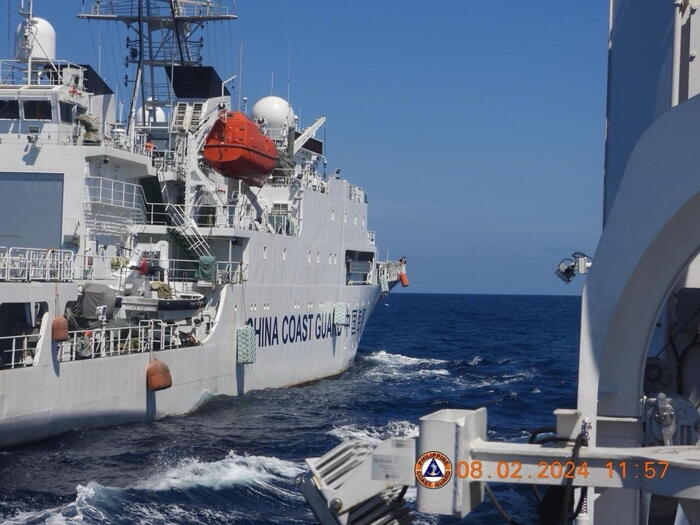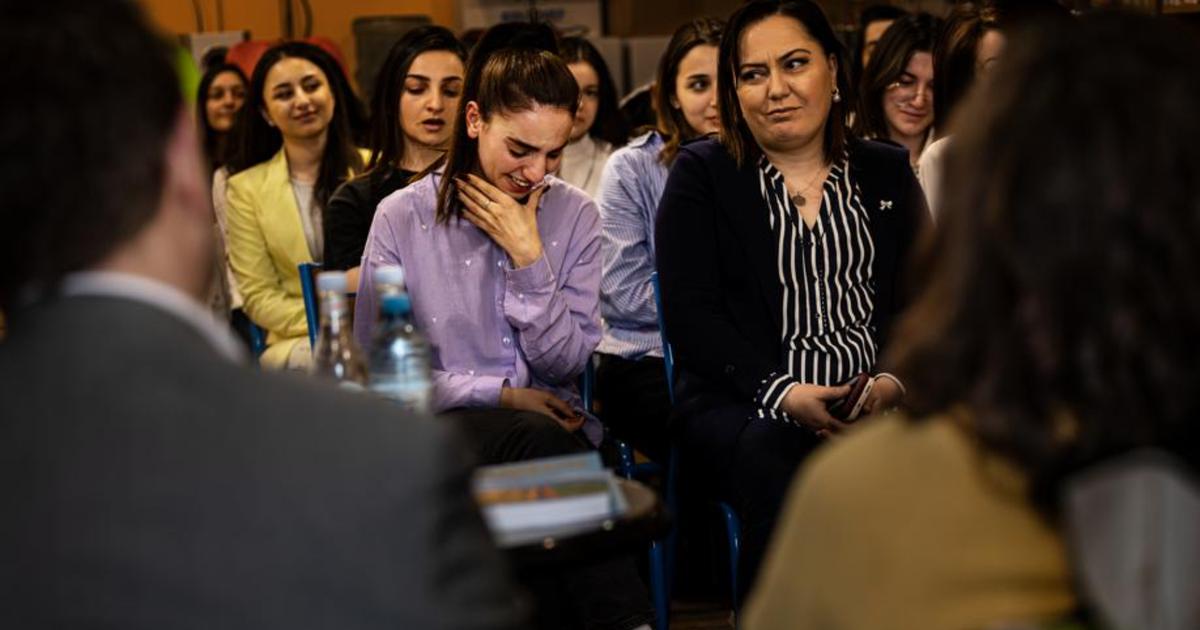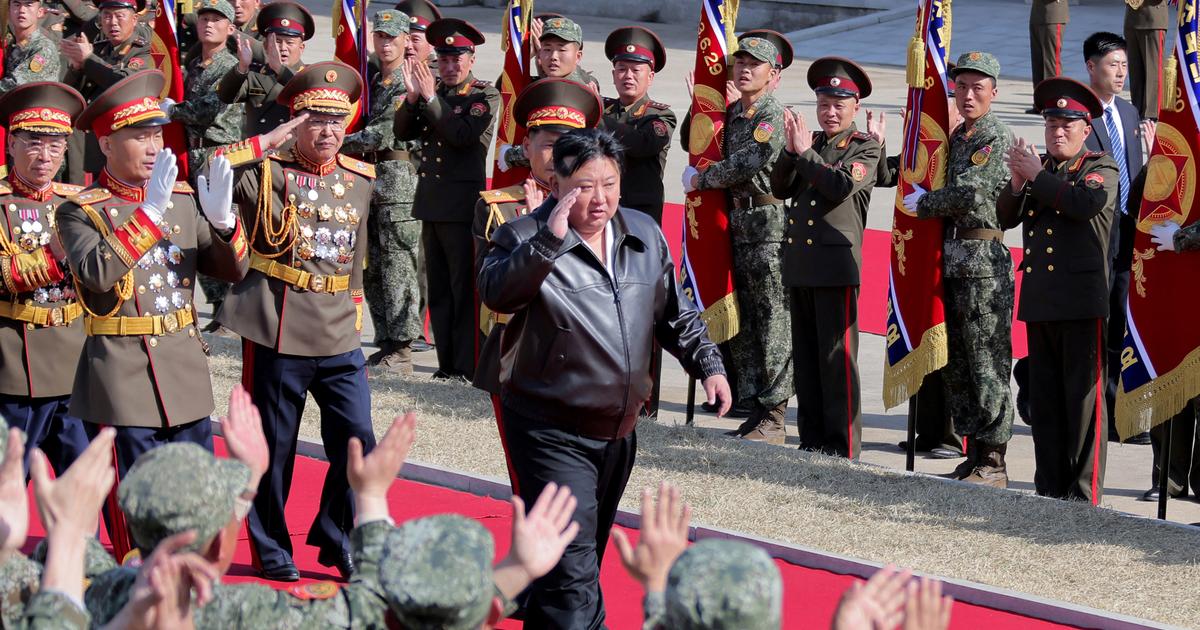Note to readers: EL PAÍS offers the Future Planet section for its daily and global information contribution on the 2030 Agenda. If you want to support our journalism,
subscribe here.
Deforestation rates are lower in the territories where indigenous populations live.
Where governments formally recognize collective land rights and communities' ancestral knowledge is strengthened, deforestation is reduced and ecosystems are revitalized.
More information
What is behind the murders of indigenous leaders in the Peruvian Amazon?
Yanomami peoples defend themselves
At Tierra Menkragnoti we resist invasions and we will resist pandemics
Various studies have come to this conclusion for decades and this has happened again in the recently published by the Food and Agriculture Organization of the United Nations (FAO) and the Fund for the Development of the Indigenous Peoples of America Latin America and the Caribbean (FILAC), which compiles more than 250 reports that agree on the crucial role of indigenous peoples in the protection of forests and in the face of global warming.
But that care of the forests is not only something that benefits us all;
For the more than 500 indigenous peoples that inhabit the Amazon and the almost 900 that exist in Latin America, it is the condition to preserve their ways of life and their own survival.
The life of these peoples supposes a different relationship with nature and the covid-19 pandemic has shown this: the communities have been able to survive the health and economic crisis because the forests, the healthy ecosystems that they themselves are responsible for protecting, have been their main source of food and medicine.
Drug trafficking violence gains ground in the Peruvian Amazon
However, the pandemic has also revealed that, with the withdrawal of communities in their territories and the worsening of the lack of protection of the State, the favorable scenario has been created for illegal economies to invade forests and increase conflicts and violence in the habitat of indigenous communities.
According to data from the Instituto del Bien Común, a local partner of Manos Unidas in Peru, since the beginning of the pandemic there have been 12 murders of indigenous leaders in the Peruvian Amazon.
The victims belong to different indigenous peoples, but the worst hit has undoubtedly been the Kakataibo people, with four leaders assassinated.
The Native Federation of Kakataibos Communities (FENACOKA) is organized to defend their lands.
Some of its leaders, in the Yamino community.Jhomar Maynas
The structural causes of these killings are related to illegal mining, logging and land trafficking, but today drug trafficking is the main source of violence affecting the Kakataibo and other indigenous people. This constant pressure and threat to their territories is aggravated by the lack of proper legal protection of communal lands, that is, the State recognizes, titles and
georeference
their lands, and creates legal mechanisms to protect them from being invaded by illegal activities that they entail the threat and subsequent murder of indigenous leaders.
That was the case of Arbildo Meléndez, head of the Unipacuyacu native community, belonging to the Kakataibo people. Arbildo was cruelly murdered at the beginning of the pandemic, in April 2020, and no one responsible has yet been brought to justice. From that moment, a wave of violence was unleashed that has not stopped growing: harassment, destruction of crops, burning of houses, repeated threats, kidnappings and torture that end in the annulment of the will of the victims or, if this it is not achieved, in bloody murders.
For his part, Herlín Odicio, president of the Federation of Native Communities Kakataibo (Fenacoka), has seen his life take a dark turn. After denouncing the land invasions carried out by coca growers, he has had to flee and live in hiding as a result of the threats suffered by drug trafficking. But it is not only Herlín and other leaders, but also dozens of members of the Kakataibo communities who are threatened and silenced due to the vertiginous advance of drug trafficking.
Indigenous organizations such as AIDESEP have begun to refer to the area located between the departments of Huánuco and Ucayali, a region inhabited by the Kakataibo, as the new VRAEM, in reference to an area bordering this region taken over by drug trafficking and in which it has recently been It has perpetrated a narco-terrorist attack that has killed sixteen people.
Save lives now without forgetting the underlying issues
All this should alert the State to the situation in the Amazon regions where drug trafficking grows and frightens the inhabitants who, like the Kakataibo, receive constant death threats and are forced to keep quiet for fear of being forced to leave. to his family, without the possibility of being treated by the competent authorities.
However, impunity is manifest in the case of the deaths: there is no detainee in relation to the four murders perpetrated against the Kakataibo, nor any reparation to the relatives of the leaders.
The competent institutions such as the Public Ministry, prosecutors, and police do not have any normative instrument or protocol to deal with these cases quickly, nor do they prevent this growing violence against defenders of territorial rights.
Impunity is manifest in the case of the deaths: there is no detainee in relation to the four murders perpetrated against the Kakataibo, nor any reparation to the relatives of leaders
As a result of the most recent cases, the Ministry of Justice and Human Rights has approved the so-called Intersectoral Mechanism as a nascent policy to protect human rights defenders and comply with international commitments. However, there are still no concrete actions that allow, for example, to have a budget to provide shelter and security to leaders like Herlín Odicio. Without the ability to achieve the protection of these people by the State, there is no possibility that other threatened leaders will dare to make their complaints.
It is urgent that this situation be addressed at the highest level of the Peruvian State and that actions be taken to save lives with specific measures for each case and with a budget allocated for it. But, in addition, we must address the structural causes that are behind the violence in the Amazon, such as the lack of sanitation of indigenous property, which creates conditions for the advance of logging, mining and drug trafficking, if we do not want that violence ends with the Kakataibo and, at the same time, with the feeling of belonging to a territory, collective action as an essential foundation of social life and respect and care for nature; renewed paradigms that most of society does not want or does not understand.
Luis Hallazi
is a member of the Instituto del Bien Común (IBC) and a local partner of Manos Unidas in Peru.
FUTURE PLANET can follow on
,
and
, and subscribe
here
to our 'newsletter'
.



/cloudfront-eu-central-1.images.arcpublishing.com/prisa/XWDEWCZPBVCCDFB3VJU2TWK5PY.jpg)





